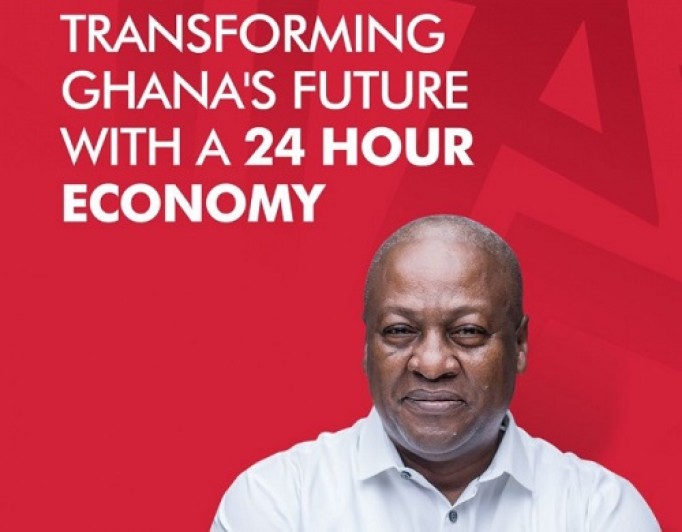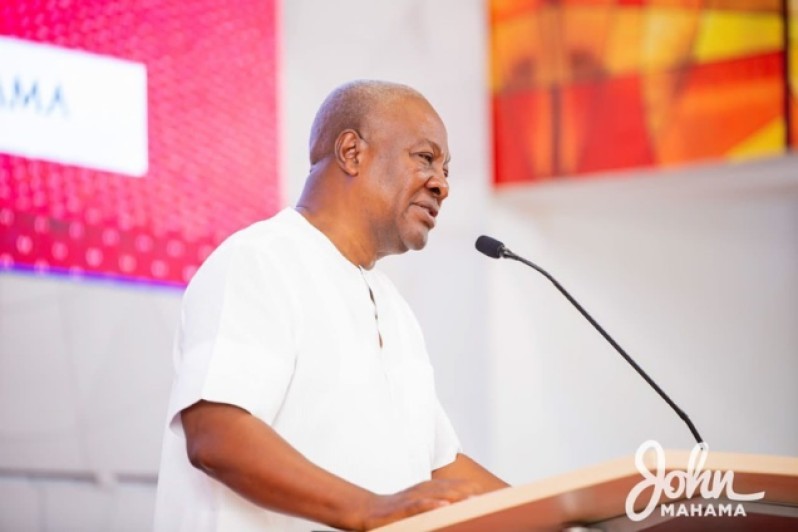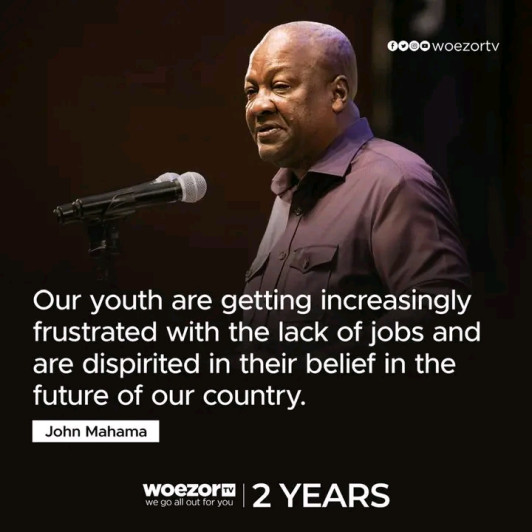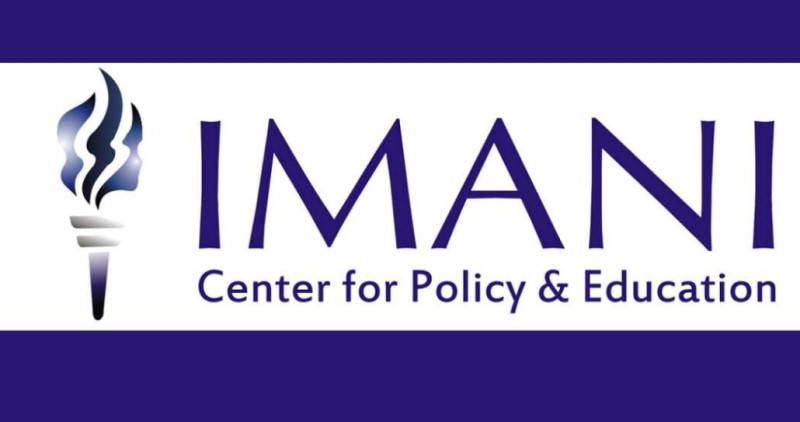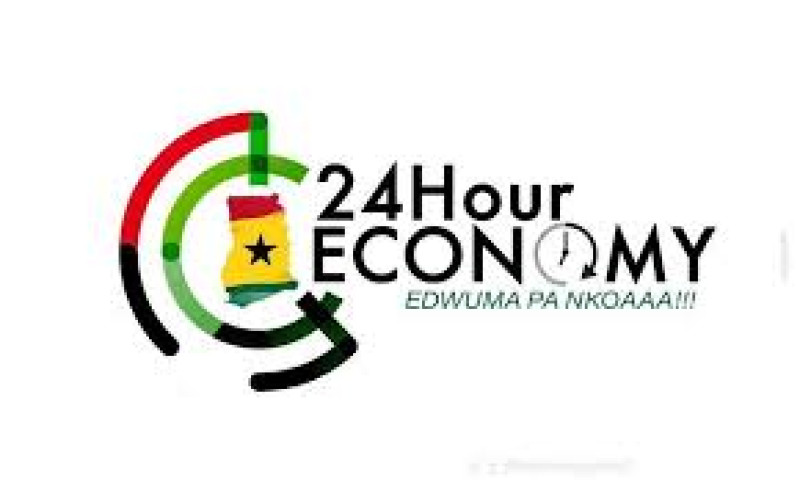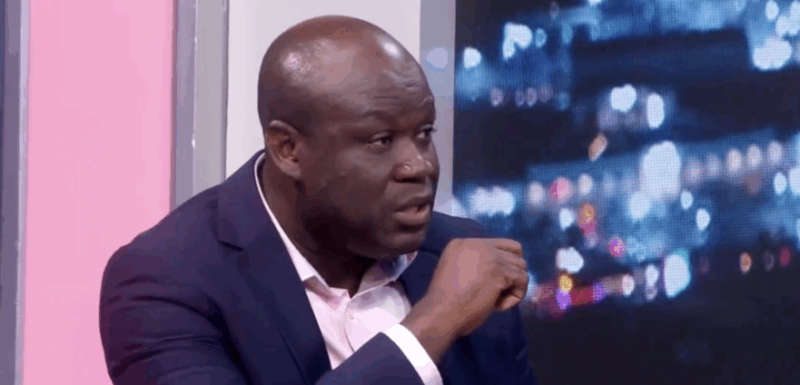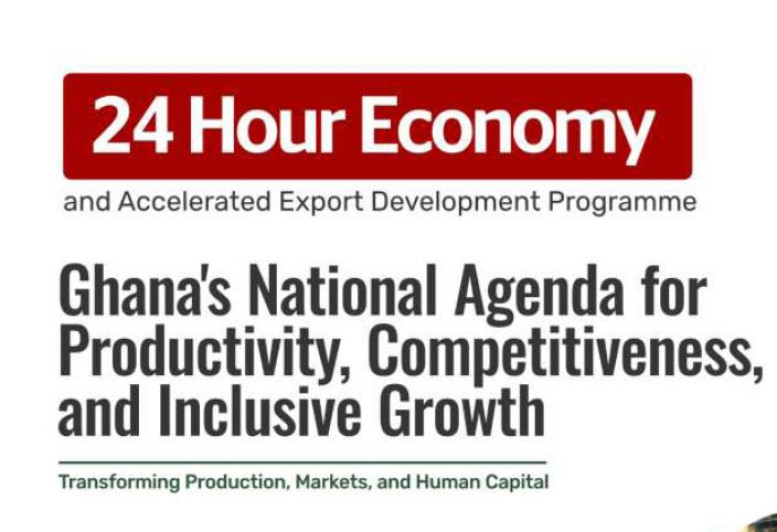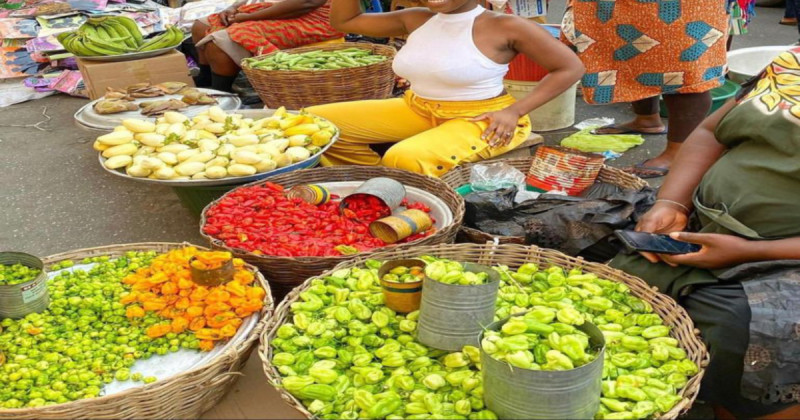
NPP messed up Ghana economy-Ghana’s inflation rate almost 3 times that of Ivory Coast, Togo, and Burkina Faso combined
Ghana continues to grapple with price hikes as the year-on-year inflation rate for January 2024 sees a marginal rise.
It hits 23.5%, making it one of the Sub-Saharan African countries experiencing the highest inflation with its current rate being almost 3 times the combined rates of neighbouring Ivory Coast, Burkina and Togo.
Within the ECOWAS bloc, both Ghana and its economic counterpart, Nigeria, share inflation rates above 20%, with Nigeria’s nearing 30%.
In contrast, neighbouring countries like Ivory Coast, Togo and Burkina Faso boast of single-digit inflation rates. In fact, Burkina Faso which is currently under military leadership has its current inflation rate pegged at 4.3% with Togo recording as low as 2%. The 2023 AFCON winners, Ivory Coast also boast of a single-digit inflation with its most recent rate positioned at 3.1%.
It is noteworthy that Ghana’s inflation has not touched single digits for almost four years, with the last instance occurring in March during a lockdown. Despite receiving close to $2 billion from the IMF, World Bank and the African Development Bank within the past year and a half under the Extended Credit Facility Programme, Ghana is struggling to maintain healthy international reserves.
The country’s Gross International Reserves have plummeted from a historical peak of $11 billion, providing almost six months of import cover, to $5.9 billion as of January 2024, affording less than three months of import cover. This decline has intensified pressure on the local currency, the cedi, leading to its depreciation against major trading currencies such as the US dollar.
The exchange rate fluctuations impact import duties and other costs, contributing to the rising domestic prices of imported goods. Food inflation stands at 27.1%, persistently rising for four consecutive months and surpassing the overall inflation rate of 23.5%. Ongoing border restrictions in Niger, Mali, and Burkina Faso continue to impact the prices of essential farm produce like onions and tomatoes imported into Ghana.
Notably, key ingredients for common household meals, including jollof, banku and fufu, have recorded inflation rates above 40% in January. With a substantial weight of 1.2 in determining national inflation, fresh tomatoes have surged by 52.3%. Other crucial ingredients like cassava, fish, carrots, and garden eggs have inflation rates twice the national average.
With the December 2024 general election approaching, Ghanaian voters prioritise key issues such as price stability, a resilient currency, and tackling unemployment. Addressing these concerns as the country faces economic headwinds has become paramount for the electorate.
Disclaimer: "The views expressed on this site are those of the contributors or columnists, and do not necessarily reflect 24houreconomy.org’s position. 24houreconomy.org will not be responsible or liable for any inaccurate or incorrect statements in the contributions or columns here."
Share On Social Media
Other Stories
24-Hour economy policy a major improvement on past fragmented initiatives – IMANI Africa
1D1F programme cancelled, replaced with 24-Hour Economy – Minister
24-Hour Economy without cheaper power and credit is a mirage – GNCCI Boss
24-Hour Economy policy: Game-changer that needs flawless execution
The Fundamental Challenges to be addressed by the 24-Hour Economic Policy by the Government
Farmers should not worry about machines – Mahama on Agricultural Reforms
Akufo-Addo’s actions were so loud, Ghanaians couldn’t hear Bawumia’s policies- NPP MP
Mahama reiterates commitment to maintain opened door policy towards Minority parties
‘A difficult journey ahead’ – President-elect Mahama vows to rescue Ghana from the economic woes
24-HOUR ECONOMY
Economy


